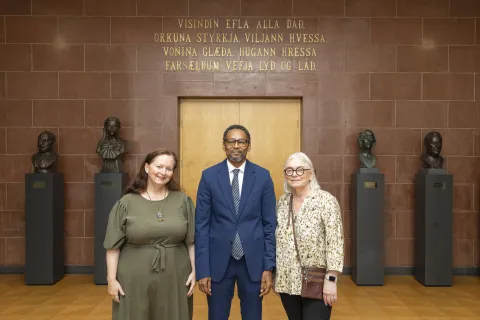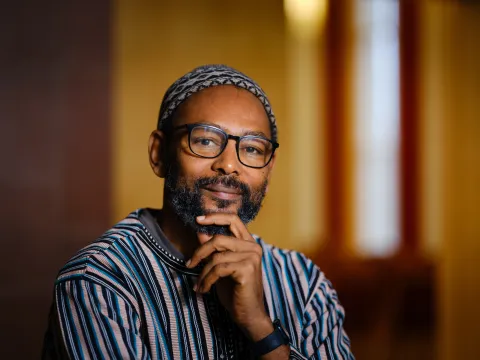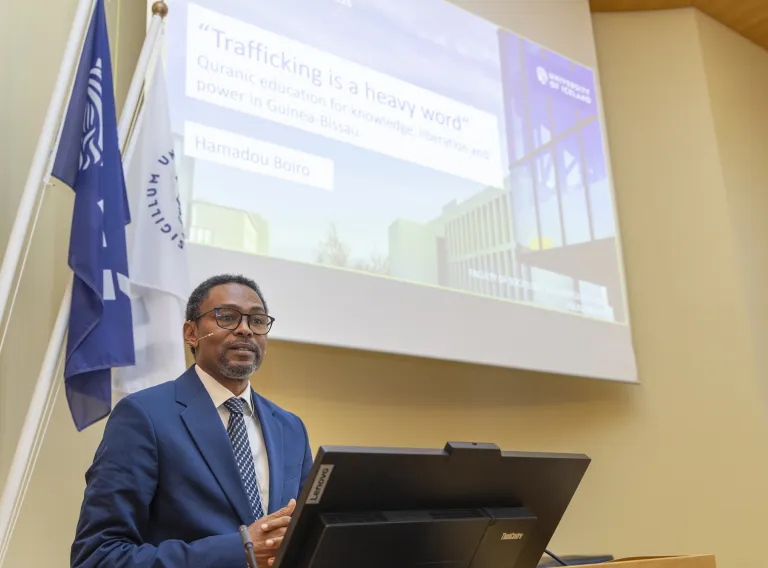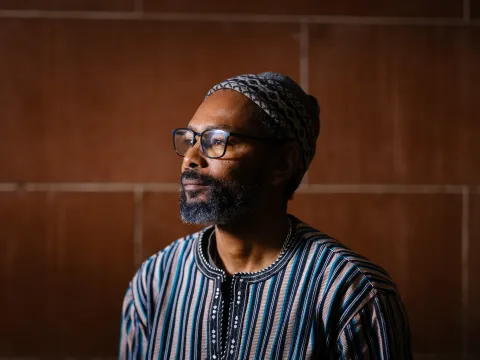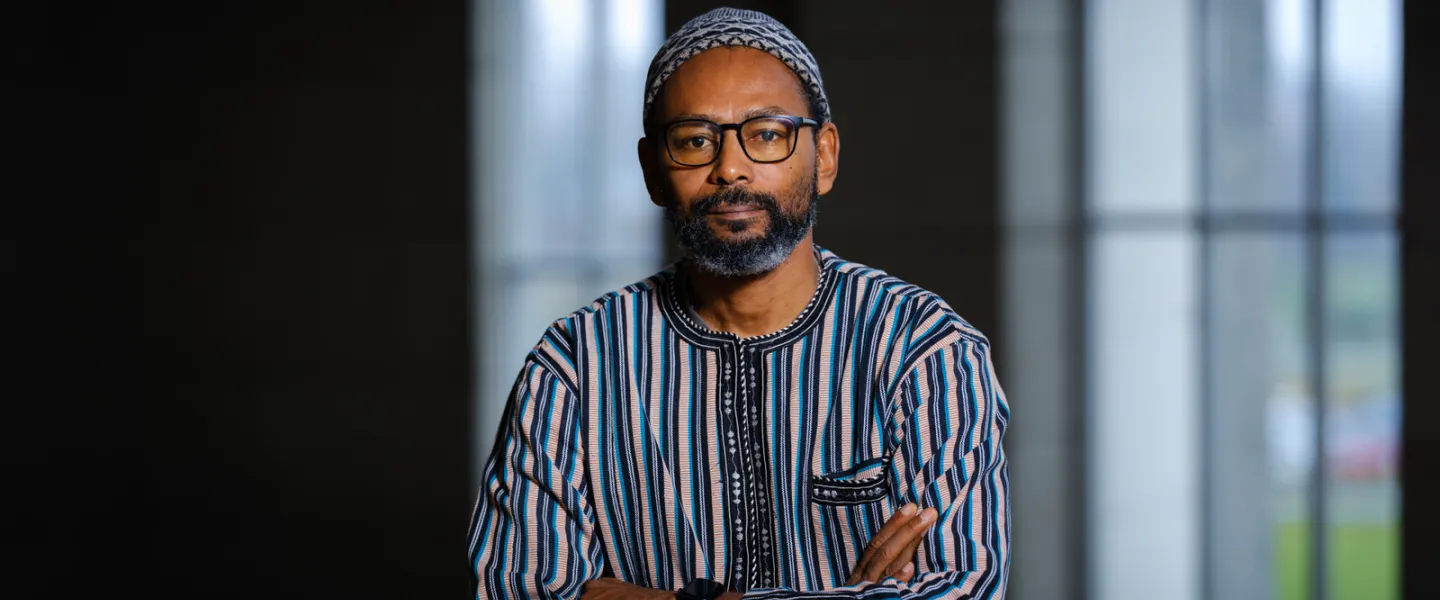
Each year, the University of Iceland awards between 70 and 80 PhDs to candidates who have completed demanding research studies on an incredibly diverse range of topics. Approximately 40% of these PhD students are foreign nationals, and many conduct their research here in Iceland. Others carry out their research in their home countries in collaboration with their supervisors at the University of Iceland, thereby extending the University’s influence far beyond national borders. One such student is Hamadou Boiro, who defended his doctoral thesis in anthropology earlier this week. He is the first person from Guinea-Bissau to earn a PhD from the University of Iceland. In his doctoral research, Boiro examined a tradition in his home country that international organisations and non-governmental organisations (NGOs) have defined as child trafficking, but which locals view as an essential way to strengthen the social status of the children involved.
Before embarking on his doctoral studies, Boiro completed a DEA and an MA degree in social anthropology from Université Cheikh Anta Diop in Dakar, Senegal. In the summer of 2009, Boiro met Jónína Einarsdóttir, professor of anthropology, and Geir Gunnlaugsson, paediatrician and now a emeritus professor of Global Health, both at the University of Iceland, when UNICEF invited him to join them to explore child trafficking practices in Guinea-Bissau. Geir and Jónína have worked for decades in Guinea-Bissau and were recently honoured by the Jean Piaget University for their contributions to research in the country.
In this exploratory study for UNICEF, the situation of Bissau-Guinean Fulbe boys sent to Quranic schools in neighbouring Senegal was particularly in focus. This practice has been going on for a long time. It is controversial due to the boys’ begging to support their studies in Senegal, a practice that has been labelled as child trafficking by international agencies and NGOs.
Over a decade of research
One can say that the idea behind Boiro´s doctoral research was sparked already in his first field trip with Jónína and Geir in the summer of 2009. “The first person we met asked us: ‘Don´t you think that trafficking is a 'heavy word'’, talking about Quran teaching,” Boiro recalls and adds that this response indicated to the team that the issue of child trafficking in Guinea-Bissau was maybe more complex than it initially appeared.
Following this first collaboration project, Boiro, Jónína and Geir decided to look further into this practice. Boiro´s doctoral thesis and numerous other scientific articles and reports are the fruit of this collaboration.
